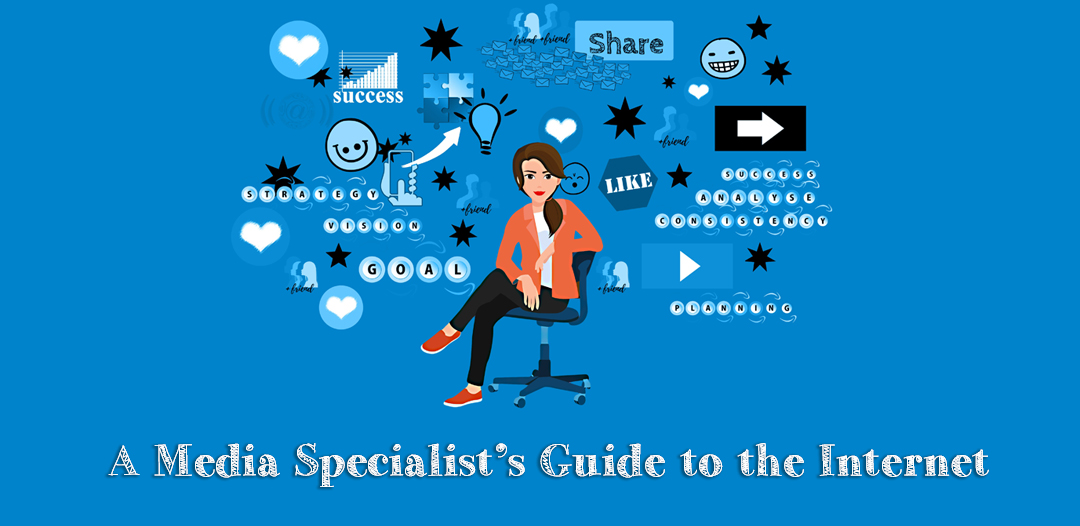Here at EasyBib, we research, discuss, and write a lot about how students conduct research in high school and college. We are constantly analyzing data from our 42 million users to see how they approach research, and using that data to improve our services.
Research shows that the overwhelming majority (96%) of students use Google in course-related contexts. Unfortunately, this is probably an unsurprising statistic for many of you. School and college librarians play an integral role in student academic success, yet students (and, from what we’ve heard, even some fellow faculty members!) don’t take fundamental research skills very seriously.
Here are just a few (out of many!) reasons why students should rely on their awesome teacher-librarians instead of the ubiquitous search engine, and consider basic information literacy skills and academic integrity as a natural part of their research, writing, and education.
Plagiarism goes beyond the classroom.
Through analyzing our user data, many of our student users are not even aware that they should cite paraphrased sources. Yikes! Students may not care about citing their sources now, because they believe that once they graduate, no one will care about whether or not they included a citation in their research papers, anyway. Explaining to students that plagiarism is a serious issue that has negatively impacted many professional lives can put the harsh consequences of plagiarism into a clear perspective.
We recently created a list on the EasyBib blog about celebrity plagiarism accusations. It’s likely that students have more interest in stories about rock stars and actors than, say, a politician dropping out of a Senate race. Placing plagiarism into a context that students can relate to can help them not only understand the consequences of committing plagiarism, but also see that acknowledging other people’s work is a lifelong practice.
Databases aren’t that scary, we promise!
With so many students going to Google for school research, it comes as no surprise that one OCLC study found that no students started their research on the library’s website. In fact, the same study revealed that 65% of students find library resources to be more trustworthy than search engines . . . yet they still go to Google. Why? Oftentimes, it’s because of time. Students are used to the convenience and fast response of Google, regardless if the sources they’re finding are valuable, or even credible.
Once again, librarians beat search engines because they can demonstrate to students how library databases are increasingly user-friendly, and function similarly to search engines. With a quick overview of limiters, advanced searching, and brainstorming keywords, students will be able to find higher quality and more accurate sources in no time.
Google doesn’t have all the answers.
Despite what students may think, Google does not have all the answers. Yahoo! Answers and Wikipedia popping up in the top results is only the beginning. With the “right to be forgotten” laws taking shape in Europe (and a continuing dialogue in the U.S.), Google is now manipulating results in far more apparent ways than search engine optimization and strategic ad placement.
Our sister product, ResearchReady, includes video tutorials that explain the importance of using library resources to find credible, authoritative information for research assignments.
There are myriad reasons why students should rely on their librarian over a search engine. Besides enabling them with tools and skills to write a brilliant research paper, librarians also provide necessary technology instruction to students who are not as tech-savvy. Their role is absolutely crucial in student, teacher, and school-wide success.
ABOUT THE AUTHOR
Emily Gover is the information literacy librarian for EasyBib andResearchReady. You can find her on Twitter, @Emily_EasyBib, or posting news you can use at the EasyBib Librarians Facebook page.
